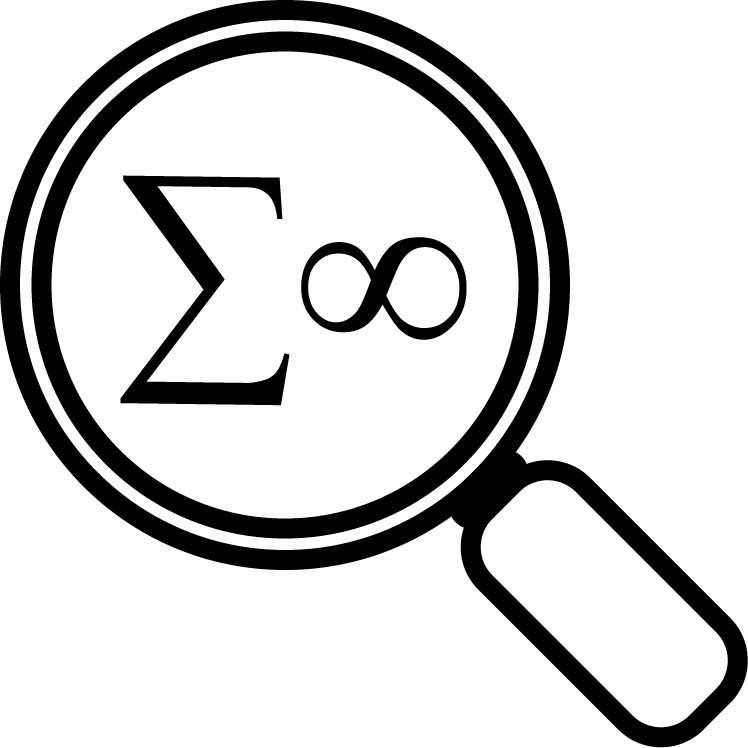Democratic decisions by animal groups give better average outcomes than decisions by a despot
Background
The ways that animals make decisions has been well studied, but there is not much understanding of how animals in groups make decisions. Usually is it assumed that a single leader of a group makes decisions, as seems to be true in baboons (dominant male) and killer whales (dominant female). But this assumption is based on the conception that animals cannot ‘vote’ and so can’t pool their preferences. Actually there are lots of examples of animals ‘voting’ by movements, body positioning, or looking at their preferences, and groups going with the majority.
Findings
Our model of decision-making considers how long a group does a certain activity, such as eating in a certain location. If every member has a different stopping time then they would all be better off being the despot and the group stopping when they want. However, the average loss, measured as the difference between the group decision and each individual’s preference, is smallest if the stopping time is when a majority of the group want to stop. Democratic decisions are better because they tend to produce less extreme outcomes, because they are effectively the average of every person’s opinion. In cases where the despots preference is unusual, most individuals will lose compared to when they have a say. Even if some individuals are more knowledgeable, the others would be better off in a democracy unless they were completely ignorant and the group size was small.
Implications
The model shows that democratic decisions will be widespread in animals, provided the group members tend to agree on how decisions should be made. It is always better for an individual if they can dictate to the other, but any potential despot should only be prepared to invest so much effort into trying to get everyone to follow them: too much and they would be better off just agreeing to democracy. The others should also be prepared to invest effort resisting the despot, and whilst individually their effort would be less (so a group of two would be dominated by one individual), collectively it is well worth them investing some effort in resisting the despot. In other words, democracy is sustainable in animal groups provided all individuals agree to invest in it. Since individuals might do best by reducing their effort and letting others resist despots, this investment may collapse, which may explain the presence of single leaders in some groups.
Subject
Social behaviour
Subject Group
Zoology and Ecology
Keywords
despot
democracy
decision-making
groups
movement
Posted by
AndrewDHigginson
on Fri Nov 10 2017
Article ID
F3Y8XS6KS
Details of original research article:
Conradt L, Roper TJ. Group decision-making in animals. Nature. 2003;421:155-158. View the Thread Network for this Finding
View the Thread Network for this Finding
Followed by:
Groups of humans show a general intelligence that is not simply related to individual intelligence, but social sensitivity and proportion of women
Posted by: AndrewDHigginson Posted Fri Nov 10 2017
Great decision accuracy can be achieved by groups through individuals having local interactions without communication
Posted by: AndrewDHigginson Posted Fri Nov 10 2017
Groups of animals can stay together and make fast and accurate decisions if each individual mostly goes with the majority
Posted by: AndrewDHigginson Posted Fri Nov 10 2017
